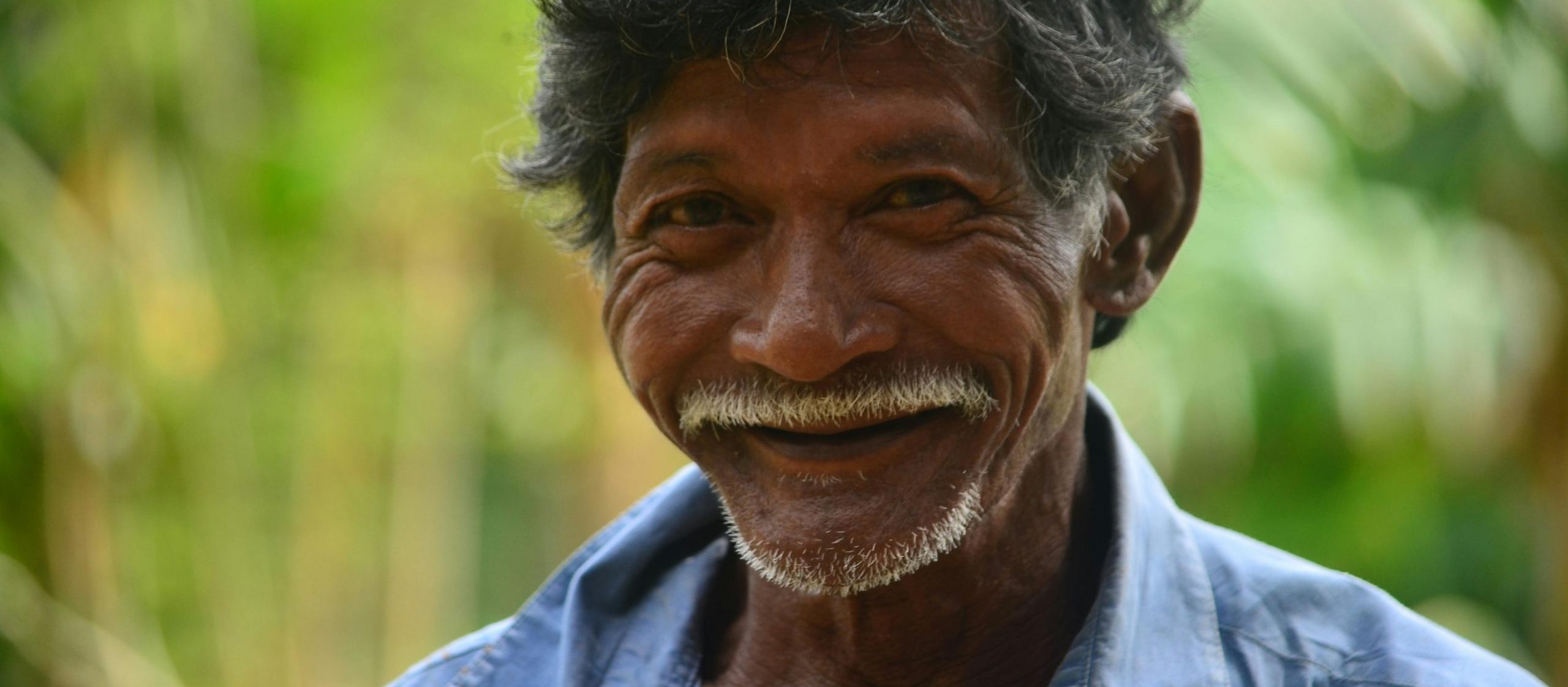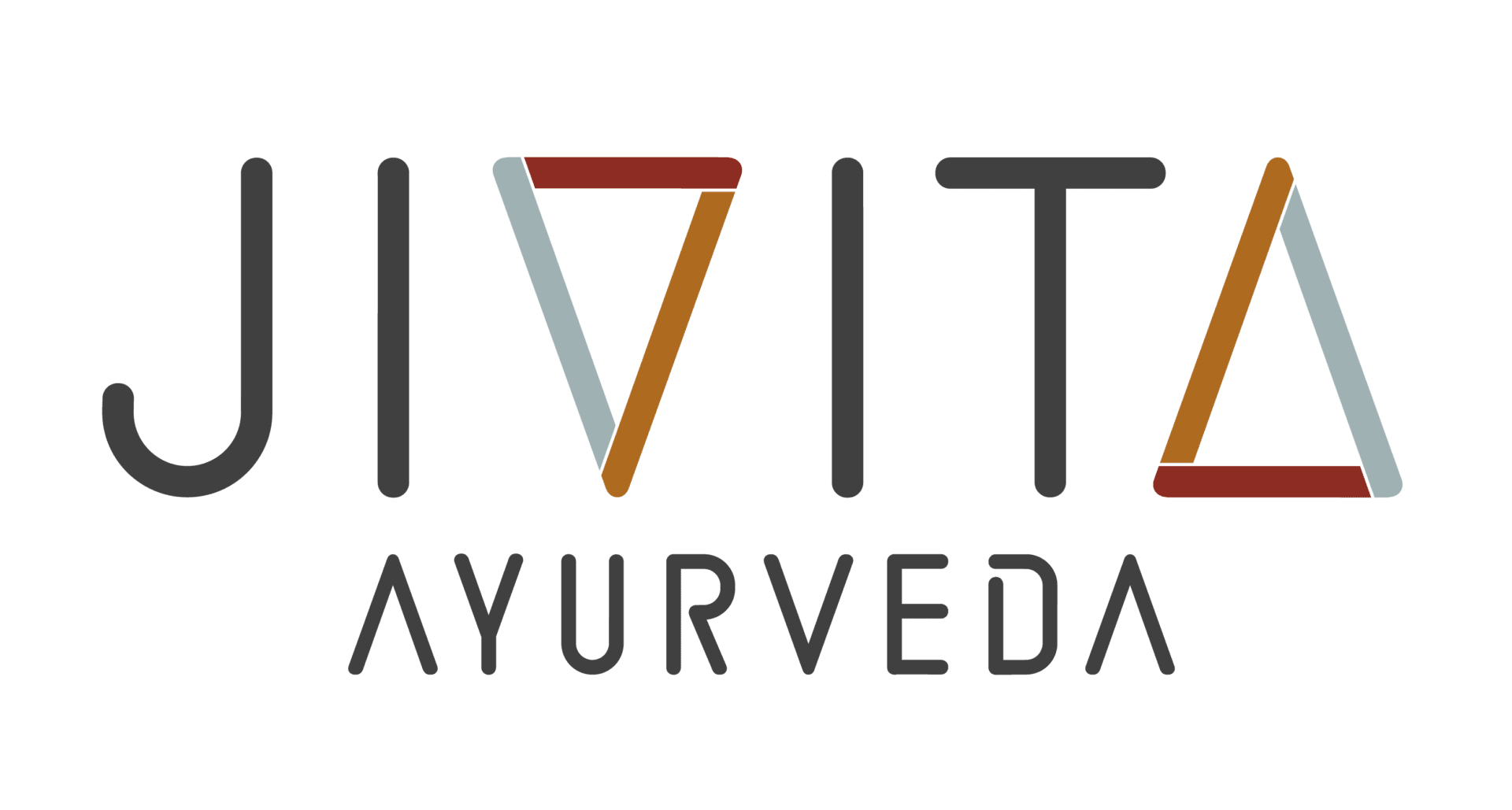We live in an age that celebrates clean eating, superfoods and carefully curated diets. We are more informed than ever about micronutrients, gut flora and food intolerances. And yet, even the most perfect meal can lose its power when consumed or prepared under stress. Why?
Ayurveda, the ancient science of life, teaches us that true nourishment involves far more than food alone. At the heart of this wisdom lies Agni, the digestive fire that governs not just the transformation of food, but also of emotions, impressions and life experience. A balanced Agni sustains life and clarity. A disturbed Agni leads to Ama, toxic residue that becomes the root of disease.
One of the most overlooked disruptors of Agni is stress, especially the kind that arises from our social interactions. Whether through strained relationships, emotional turbulence, or simply being surrounded by agitation, the body’s internal rhythms are deeply impacted by the company we keep.
Ayurveda places profound importance on Satsang, keeping the company of those who uplift us, who encourage clarity, peace, and truth. Not only does the right company elevate the mind, it strengthens the body’s capacity to metabolise. The ancient sages knew what modern science is now affirming: stress, especially chronic interpersonal stress, can suppress digestion, disrupt the gut-brain axis, and ignite inflammation.
As the “bible of Ayurveda” Charaka Samhita reminds us:
“A peaceful and contented mind, association with the wise, and avoidance of those who disrupt harmony — these are the roots of strength.”
— Charaka Samhita, Sutrasthana 30.26
This principle extends not only to those we sit with at the table but to those who influence our mental and emotional landscape throughout the day. Conversations, tensions, emotional residues, they all travel with us into the moment we eat and they influence how well we digest and assimilate our nourishment.
It’s not just eating in stress that is harmful. Ayurveda also reminds us that cooking in a state of fear, anger or distraction can energetically affect the food. Meals are not just physical creations. They are energetic imprints and the consciousness of the cook is one of the most powerful ingredients in any dish.
Cooking while under duress or in an environment of discord can imprint the meal with that very agitation. And what is eaten, is absorbed, not just into the tissues, but into the emotional body.
So what does this mean for our modern lives?
It reminds us that dietary balance and healing is not merely about what’s on the plate. It is also about the quality of the relationships that surround us, the peace of the kitchen, the mood of the cook and the presence we bring to the table.
We heal best when we are at ease, not just with food, but with ourselves and those around us. So let every meal be not just a dietary decision, but an act of sacred connection: to nature, to the body and to the company that either fuels or fatigues the fire within.
More Posts

Reintegrating natural intelligence
Ayurveda evolved in response to growing complexity, offering guidance on how to restore harmony within increasingly artificial environments.

The Ultimate Health Goal
When we live well early on, adulthood itself becomes longer and richer and the final stage of life can be gentle, meaningful and free from fear, marked by cognitive clarity rather than deterioration.

SAD – Seasonal affective disorder
In states of fear, our physiology reroutes blood flow to the brainstem, the reptilian brain responsible for fight-or-flight responses, at the expense of the forebrain, particularly the frontal lobe.

Chronic Pain Management Crisis
the future of chronic pain management must become system-based, focusing on restoring self-regulation rather than merely silencing symptoms. Safety and comfort are not luxuries but therapeutic imperatives.
